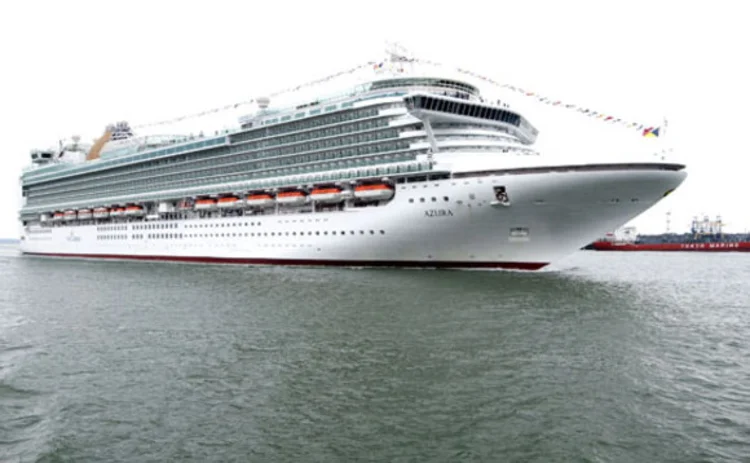
Analysis: Why cruise lines may find captives attractive

Need to know
- A company using a captive can increase its cash flow by retaining underwriting profits
- It can also obtain tailored coverage
- The Bermudian regulator has adopted an approach that keeps compliance costs low
A captive insurance vehicle can be an attractive option for a cruise line, and Bermuda is a premier ‘home port’ for such vehicles, according to Gavin Woods, counsel, and Matthew Ebbs-Brewer, senior associate at Appleby.
A captive is an insurance company that has been formed to provide insurance for the risks of a company or group. A captive comes in several guises: it may be a wholly-owned company that insures the risks and exposures of its parent or affiliates; or it may be owned by unrelated shareholders and insure the risks of any of those shareholders and, subject to certain limits, the risks of unrelated persons.
Historically, captives have been formed by organisations (or groups of organisations) that found the conventional insurance markets failed to meet their financial needs, especially in terms of price, service, cover and capacity for certain types of risk. Many of the traditional reasons for wanting to form a captive and the related benefits apply equally to the operators of a cruise line.
For example, through use of a captive, a company or group is able to reduce costs while increasing cash flow with the retention of underwriting profits and gains that would otherwise be held by a third-party commercial insurer. Even where a captive reduces its exposure by obtaining reinsurance for its risk, the reinsurance market is a wholesale rather than a retail environment and accordingly a captive should be able to obtain coverage at a reduced rate.
Over time, provided there have been low-claim or no-claim periods of underwriting, a captive can then apply any resultant profits to reduce the level of risk that has been reinsured, thereby generating increased savings.
From a commercial perspective, a captive offers the opportunity to obtain tailored coverage where such insurance may otherwise include unacceptable terms or where it may be that no coverage is available at all. In other words, a captive offers the chance to insure the uninsurable.
If a cruise line wished to establish a captive, Bermuda has been - and will continue to be - a domicile of choice as a result of its vast experience in the insurance industry, sound infrastructure, deep pool of intellectual capital and specifically tailored legislation and regulations.
The Bermuda Monetary Authority is the regulator of both commercial and captive insurers in Bermuda. The BMA is recognised as being a sophisticated regulatory body that is attuned to the insurance industry. By way of example, when Bermuda obtained Solvency II equivalence, the BMA adopted a bifurcated approach to regulation so that captives remain subject to an appropriate oversight without the increased costs related to set up and ongoing compliance applicable to the commercial insurance.
Bermuda also offers a one-stop shop for a captive’s needs. For example, during the course of one afternoon, the operators of the captive can hold a board meeting, meet with its accountants, auditors, lawyers, insurance managers and regulators, and still have time to make it back to the cruise ship terminal. As such, Bermuda is an attractive port for the establishment of a captive.
Only users who have a paid subscription or are part of a corporate subscription are able to print or copy content.
To access these options, along with all other subscription benefits, please contact info@postonline.co.uk or view our subscription options here: https://subscriptions.postonline.co.uk/subscribe
You are currently unable to print this content. Please contact info@postonline.co.uk to find out more.
You are currently unable to copy this content. Please contact info@postonline.co.uk to find out more.
Copyright Infopro Digital Limited. All rights reserved.
As outlined in our terms and conditions, https://www.infopro-digital.com/terms-and-conditions/subscriptions/ (point 2.4), printing is limited to a single copy.
If you would like to purchase additional rights please email info@postonline.co.uk
Copyright Infopro Digital Limited. All rights reserved.
You may share this content using our article tools. As outlined in our terms and conditions, https://www.infopro-digital.com/terms-and-conditions/subscriptions/ (clause 2.4), an Authorised User may only make one copy of the materials for their own personal use. You must also comply with the restrictions in clause 2.5.
If you would like to purchase additional rights please email info@postonline.co.uk






